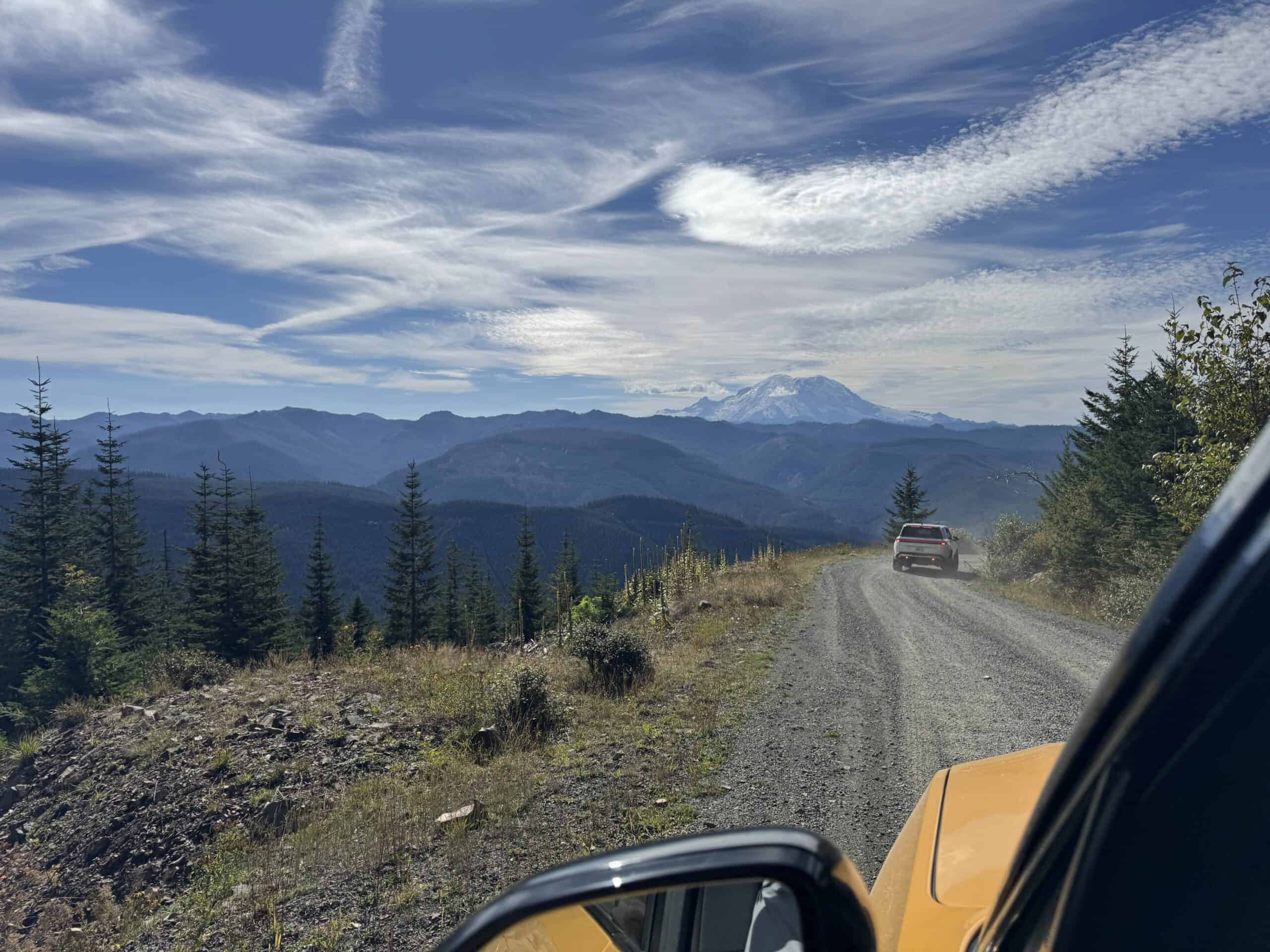Why Washington Isn’t as EV-Friendly as It Wants You to Think

Washington is an EV-loving state, but it still has laws that make it harder for direct-to-consumer brands like Rivian and Lucid to sell their vehicles. Even though the latest rule update from the Department of Licensing (DOL) clears up what Rivian can and can’t do, it’s not exactly great news for potential Rivian owners in the state. In fact, for some, it feels like a frustrating reminder of Washington’s long battle with the idea of direct sales.
The Frustrating Reality for EV Buyers
If you’re in Washington and ready to buy a Rivian, here’s what you’re up against:
- No Direct Purchases: Even if you visit Rivian’s website or a showroom, you can’t complete the purchase in-state. You’ll have to finalize the transaction through another state where Rivian is allowed to sell directly.
- Extra Steps: Instead of a simple “click and pick-up” experience, you’ll need to wait for home delivery or coordinate pickup at a service center, adding some extra paperwork and logistics to the process.
- No Same-Day Delivery: Delivery cannot happen on the same day the purchase order is signed.
- No Instant Gratification: Imagine seeing an R1T in a local showroom, loving it after a demo, and then being told, “Sorry, you can’t buy it here.”
Why Does This Keep Happening?
Washington has had a rocky relationship with direct-to-consumer sales. Despite its green reputation and strong EV incentives, the state continues to uphold dealership laws that keep manufacturers like Rivian and Lucid from selling directly to customers.
- Franchise Laws: The state’s franchise laws are designed to protect traditional car dealerships from being undercut by big automakers. But these laws also make it harder for new companies like Rivian—who don’t use dealerships—to compete.
- Court Battles: There have been multiple legal fights over direct sales, with manufacturers arguing for consumer choice and the state defending its laws. While Tesla has won some victories in other states, Washington has held firm.
- EV Demand vs. Restrictions: Washington wants more EVs on the road but isn’t giving buyers a streamlined way to get them.
What This Means for Rivian Fans
For people who’ve already fallen in love with the R1T or R1S, the process of buying in Washington can feel like a headache:
- You can’t just drive off with your dream truck after visiting a showroom.
- You have to handle out-of-state paperwork, logistics, and potential fees—all things that take the shine off an otherwise exciting EV purchase.
- It feels like a disconnect: The state promotes EVs but sticks to outdated dealership laws that create hurdles for brands innovating in this space.
Is There an End in Sight?
Unless Washington changes its stance on direct sales, Rivian will have to keep playing by these rules. Some states, like Colorado and Illinois, have found ways to adapt their laws to work with companies like Rivian—why not Washington?
For now, Washington’s stance means EV fans will have to jump through hoops to get the latest electric adventure vehicle. But for those committed to Rivian’s mission and vehicles, it’s a hurdle worth clearing—even if it leaves a bad taste.
The Bottom Line
Washington’s updated rules clarify what Rivian can do to connect with customers, but they also highlight the limitations that still exist. If you’re in the market for an R1T or R1S in Washington, you’ll still need to navigate some frustrating workarounds. Until the state rethinks its dealership laws, buying a Rivian will remain more complicated than it needs to be.

Collaborate with native tribes. Train and hire tribal members. Set up shop on reservations. Donate demo vehicles for tribal causes (including land conservation). Win-win-win for everyone.
That’s a great idea! Collaborating with native tribes could create new job opportunities, support local communities, and offer Rivian a way to make a real impact. Plus, demo vehicles for tribal initiatives like conservation could showcase how EVs align with sustainability goals—a true win-win!